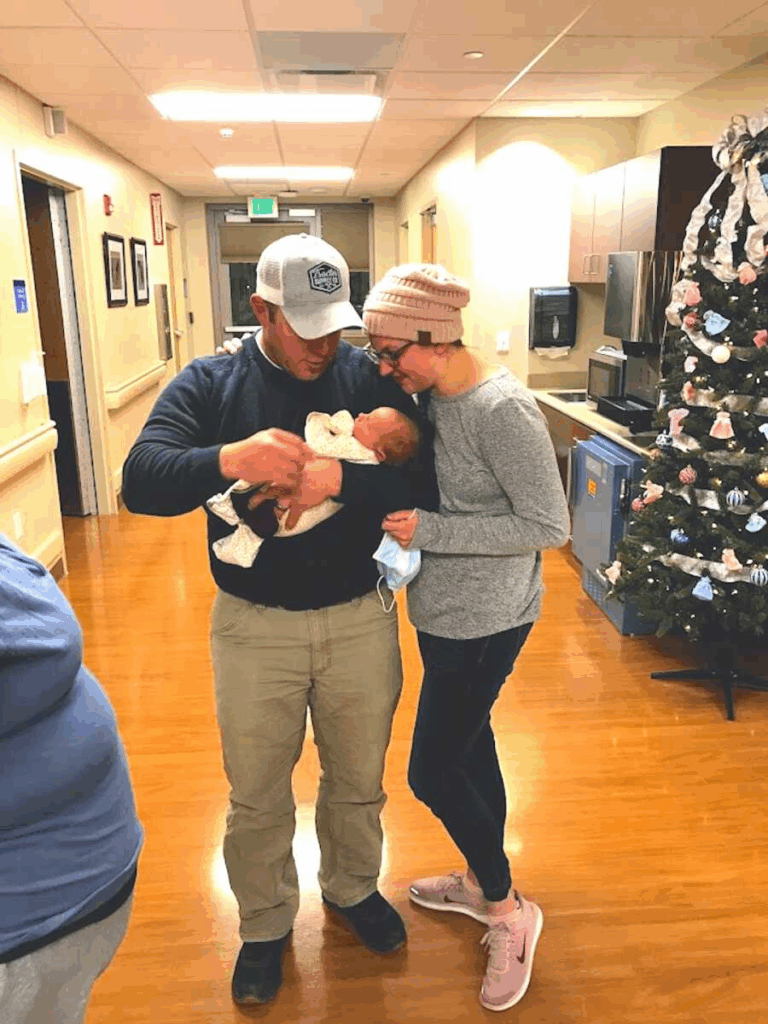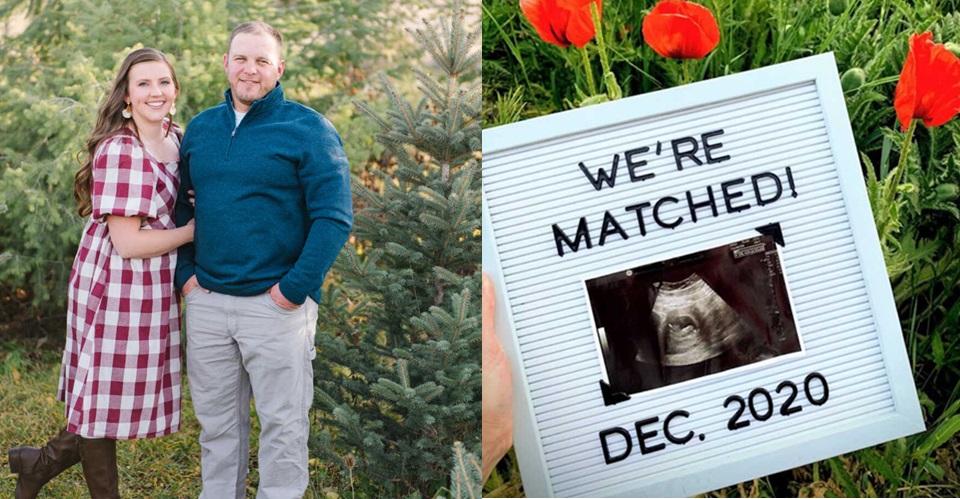Sometimes the longest, most challenging path to your child is the one that proves you were always meant to find each other, and hope is what keeps you packing the hospital bag one more time. Mother’s Day weekend of 2020, a simple text lit up their phone: “When is a good time to Skype?” They didn’t know it yet, but that message would bend their story toward joy. After years of closed doors, they felt a flicker of hope return.
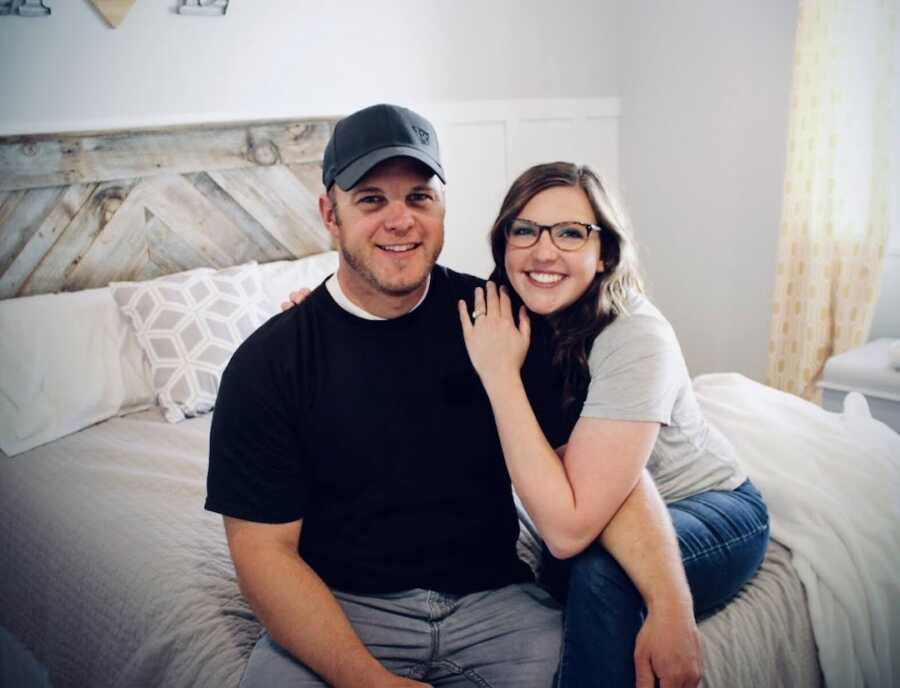
They had been here before. This would be their fourth profound connection with an expectant mother, not counting the scammers who tried to prey on their longing. Three matches had already fallen through. The first one was in March 2019, and it started most oddly after she came down with a stubborn ear infection. While recovering, she got the call: the baby had arrived, and the mother wanted them. They grabbed the earliest flight to a tourist town they’d never visited and headed straight to the hospital. Nurses and a caseworker explained what had happened: the baby had come early, so fast that he was born in a bathroom on the third floor before staff could move his mother.
They met a tiny, dark-haired, brown-eyed boy with long fingers and a wrinkled forehead. He wore a loose newborn outfit that swallowed his five-and-a-half-pound frame. They held him, breathed in that newborn scent, chose a name, bought preemie clothes and a car seat, and took him back to their Airbnb. They let themselves believe they were finally a mom and dad for a night.
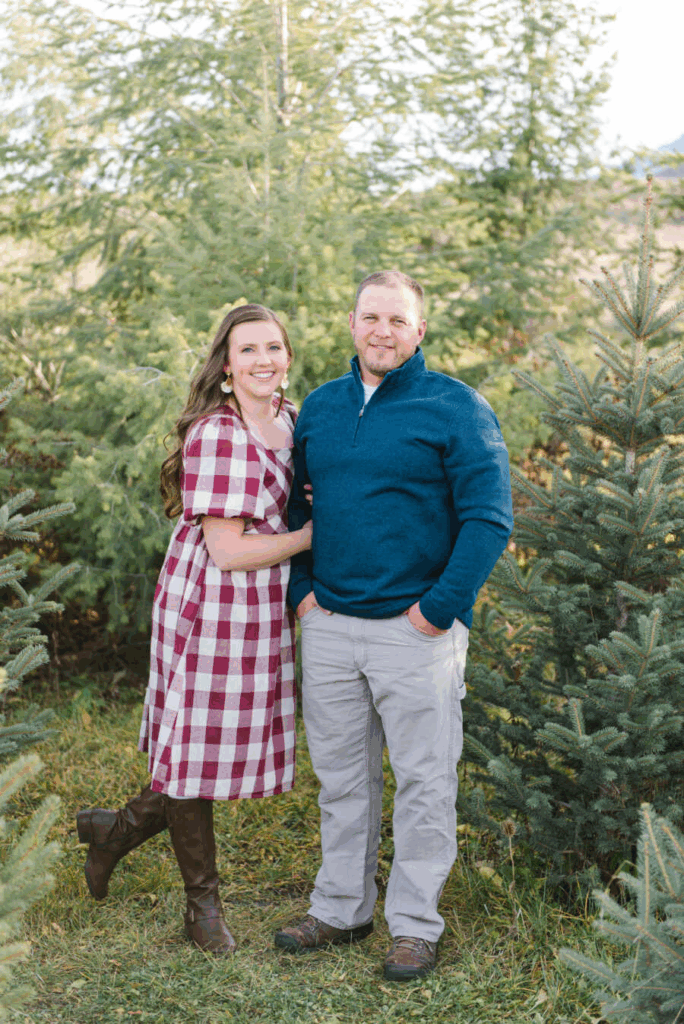
Then reality caught up with the law. Because the baby and his mother were Native American, the Indian Child Welfare Act applied. Among other protections, it requires that a parent can’t sign away rights until at least ten days after birth. Until then, the mother could change her mind. She did. A brutal snowstorm shut down roads and the airport, and no caseworker or officer could reach them. On the phone, they were told to give the mother their address. They placed the baby, whom they had loved for three days, into her arms and watched them enter the storm. They knew it was her right to parent. It was still shattering.
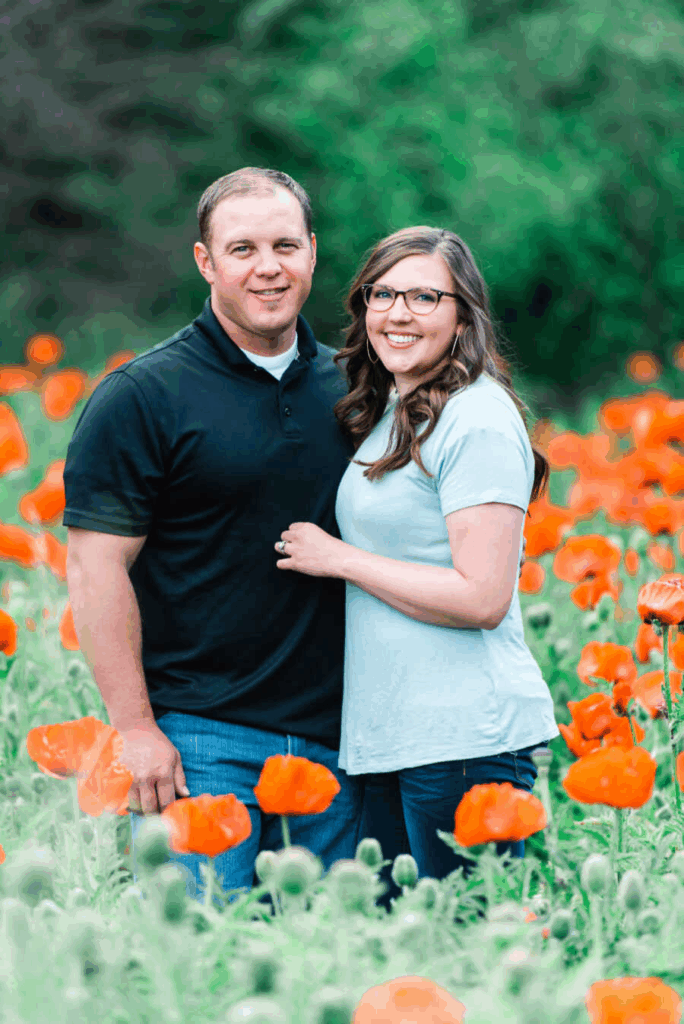
They drove ten hours home with unopened formula and a barely used car seat rattling in the back. The next morning was her 26th birthday. After that came a flood: family emergencies, deaths, literal earthquakes, job trouble, surgeries, a pandemic, and two more matches that ended before the babies were born. It felt like they were always bracing for the next hit. So when another expectant mother’s May 2020 text arrived, they answered with shaky hope. They had already done one brief video call. The baby wasn’t due until December, so they assumed there were more questions. Instead, they heard the words they had waited years to hear: Pack a hospital bag, she wanted them. Hope and fear sat side by side.
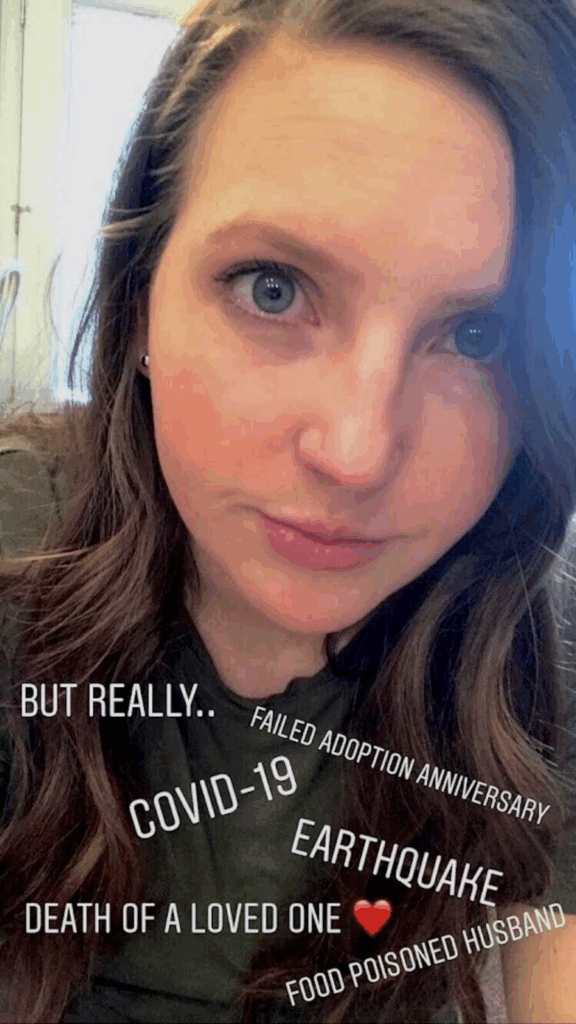
They stayed in touch for months, meeting in person and driving hours across the state for appointments. A real relationship was formed. The expectant mother wanted the adoptive mom to experience as much of pregnancy as she could, so she invited her into the process. Still, fear leaked through. One November drive home ended in tears on the side of the road. What if this ended like the others? She remembered a dream from the year before, a little girl telling her to be patient, saying she was coming. The name had never been spoken, but she somehow knew it: Sophie. She prayed and fasted for the mother and the baby and kept going.
An induction date was set. Because of pandemic rules, the expectant mother could bring only two people into labor and delivery. She chose the adoptive mom, a gift of trust that still humbles them. Twelve hours later, on a Thursday at 8:14 p.m., a healthy baby girl arrived, seven pounds, eleven ounces, with chubby fingers and bright eyes that seemed to take in everything.
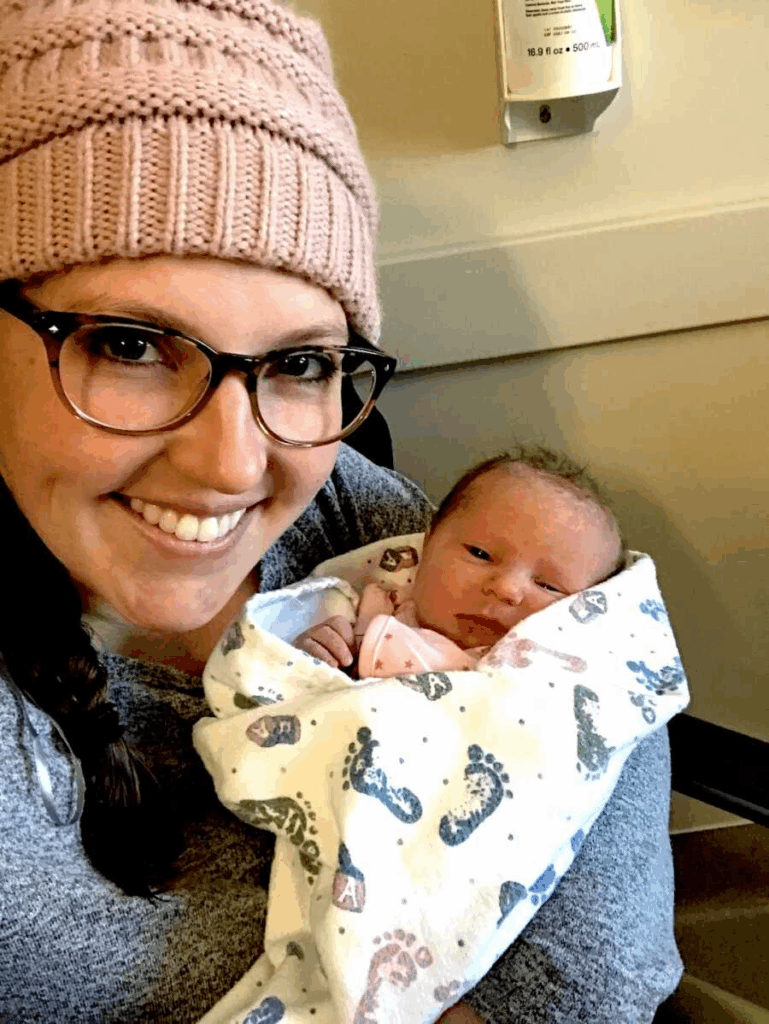
She handled even a tongue-tie clip with quiet calm. The adoptive dad, not allowed inside, waited in the lobby and sometimes stood in the cold just to see his daughter through a window. Twenty-four hours after birth, on Friday night at 8:30, the expectant mother signed the papers. The couple became parents to the daughter they named Sophie. Their hands shook; their hearts settled. Sophie is nineteen months old, funny, sturdy, and the center of their small universe. They’re exploring a second adoption, fully aware of how hard the road can be, and entirely sure it’s worth it.
They are grateful beyond words to Sophie’s birth mother for her courage, kindness, and love. Adoption is complicated and often painful, but it has filled their home with laughter they thought they’d lost. They believe God was in the details, even when they couldn’t see it.
